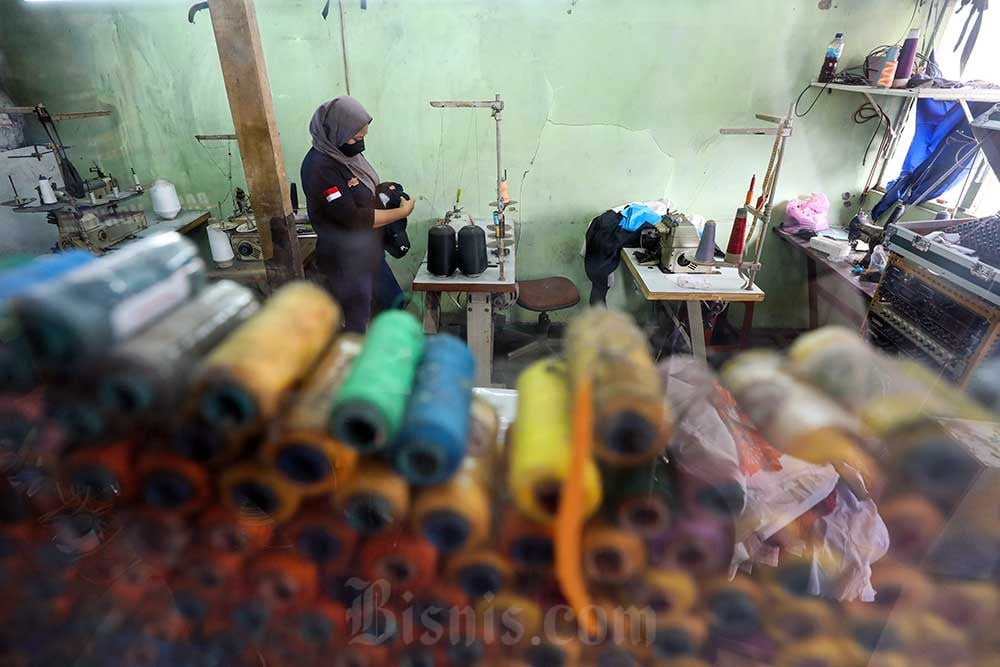
Indonesia's manufacturing Purchasing Managers Index (PMI) showed positive performance, rising to an expansion level of 51.5 in August 2025. However, this good news has not been felt evenly, particularly in the textile and textile products (TPT) sector. The upstream textile industry remains trapped in contraction, with average factory utilization rates below 50%.
The Chairperson of the Filament Fiber and Yarn Producers Association (APSyFI), Redma Gita Wirawasta, stated that this difficult situation is exacerbated by the flood of textile product imports, which is further stifling the competitiveness of the domestic industry. This phenomenon has even contributed to mass layoffs of up to 250,000 people in the 2023–2024 period.
One of the main concerns for industry players is the increase in the upstream textile import quota recommended by the Ministry of Industry (Kemenperin). This upward trend in quotas is clearly visible in data from the Central Statistics Agency (BPS). In 2016, yarn and fabric imports were recorded at 230,000 tons and 740,000 tons, respectively. However, eight years later, these figures had jumped significantly to 462,000 tons and 939,000 tons.
Redma emphasized that business actors are still waiting for concrete steps from the government to address sectoral issues, particularly in the technical ministries considered the root of the problem. High hopes are also being placed on President Prabowo Subianto, who recently reiterated his commitment to improving the performance of ministries and state institutions so that the industrial sector can return to optimal operation.
APSyFI Secretary General, Farhan Aqil, added that the textile and textile industry sector's contribution to gross domestic product (GDP) has continued to decline in recent years. While its contribution reached 1.16% in 2016, it is projected to shrink to 0.99% by 2024. The sector's trade balance is also weakening. Export value, which reached US$3.6 billion in 2016, will drop to just US$2.4 billion in 2024.
Even more worrying, Indonesia's textile and textile products trade volume has been recorded at minus 57,000 units since 2017, with a widening deficit due to higher import growth than exports. This situation places the upstream textile industry in an increasingly difficult position, making strategic government action to restructure import regulations and strengthen the competitiveness of the national industry urgent.
